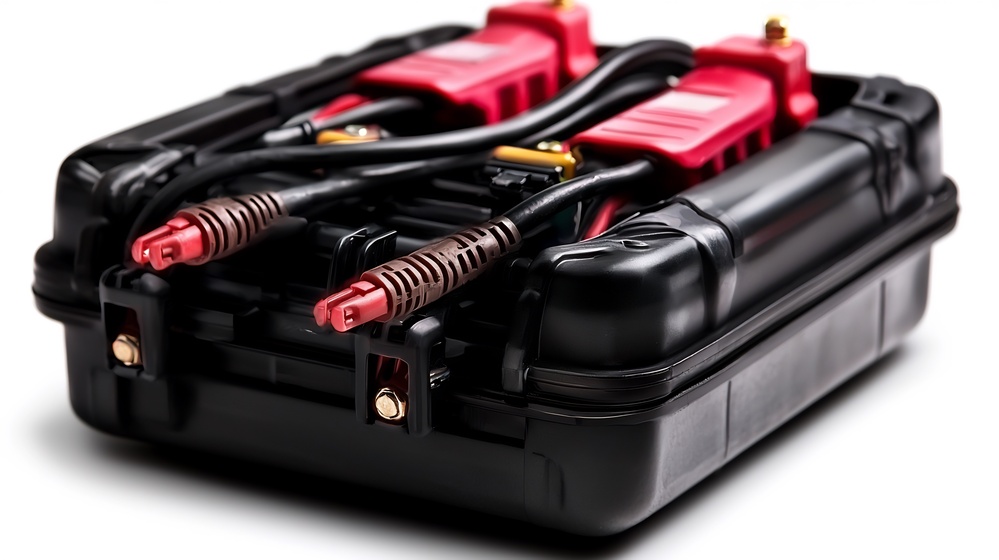Dead batteries don’t care if you’re rushing to a job site, heading out for a weekend camping trip, or trying to start your boat for the first fishing trip of the season. You’ll be left high and dry when it’s least convenient. However, you don’t need special knowledge or tools to maintain your battery.
Understanding Your Vehicle’s Power Needs
Vehicles have variable electrical requirements. Heavy-duty trucks and RVs usually use 24-volt systems to get more power. The battery in a pickup truck, though, could be 12 volts. Boats face their own special challenges. Salt water and constant moisture create conditions that would destroy most automotive batteries in a matter of months. Marine batteries need to handle deep discharge cycles that regular car batteries simply can’t survive.
RVs present the most complex power puzzle of all. They need to start engines, run refrigerators, power lights, and operate water pumps. Some fancy RVs use more electricity in a weekend than most houses use in a week.
Storage Kills More Batteries Than Use
Here’s something most people get wrong. Regular use is better for your battery than letting it sit. Batteries discharge even when idle. If it goes too far, this discharge can cause lasting internal chemical damage.
Your truck sitting in the driveway for weeks between jobs faces the same problem as your boat hibernating through winter. The battery slowly dies while you’re not looking. By spring, what used to be a perfectly good battery has turned into an expensive paperweight. Temperature swings make this problem worse. Hot summers speed up the chemical reactions that kill batteries. Freezing winters can crack battery cases and destroy the internal plates permanently.
Smart Charging Prevents Most Problems
The solution sounds simple but makes a huge difference: charge your batteries properly to extend their life. It’s not just about occasional jump-starts or running the engine once in a while—true maintenance requires the right tools. While a basic charger may work for a truck, RVs and boats demand smarter solutions. According to the experts at Clore Automotive, using a battery maintainer—particularly one designed for 24v systems—ensures optimal performance by automatically adjusting charge rates based on the battery’s condition. These intelligent devices can remain connected for months, continuously monitoring and delivering just the right amount of power to keep batteries in peak shape without the risk of overcharging. Visit Clore Automotive for more information about battery maintainers.
Seasonal Strategies That Actually Work
Winter storage requires special attention. If you can, take out the batteries and keep them somewhere warm and dry. If removing it isn’t possible, detach the negative cable and use a maintenance charger for continuous use.
Spring preparation means more than just reconnecting cables. Check the water levels in serviceable batteries and clean any corrosion from the terminals. White or green powder around battery connections steals power and can prevent proper charging.
Summer heat protection matters too. Park in shade when possible and make sure battery compartments have adequate ventilation. Trapped heat kills batteries faster than almost anything else.
Prevention Beats Expensive Repairs
A quality battery for a heavy-duty truck can cost $300 or more. RV batteries often run $200-400 each, and many RVs need multiple batteries. Marine batteries designed for deep-cycle use aren’t cheap either. Compare those replacement costs to the price of a good maintenance charger, and the math becomes obvious. Quality chargers can prevent costly battery replacements.
Conclusion
Regular upkeep can prevent issues and dangers tied to unexpected battery malfunctions. Ignoring your battery until it’s too late can leave you stranded in a remote campground or floating lifelessly in the water. Nobody wants this. Caring for your battery well means your adventures are uninterrupted and your finances are protected.

